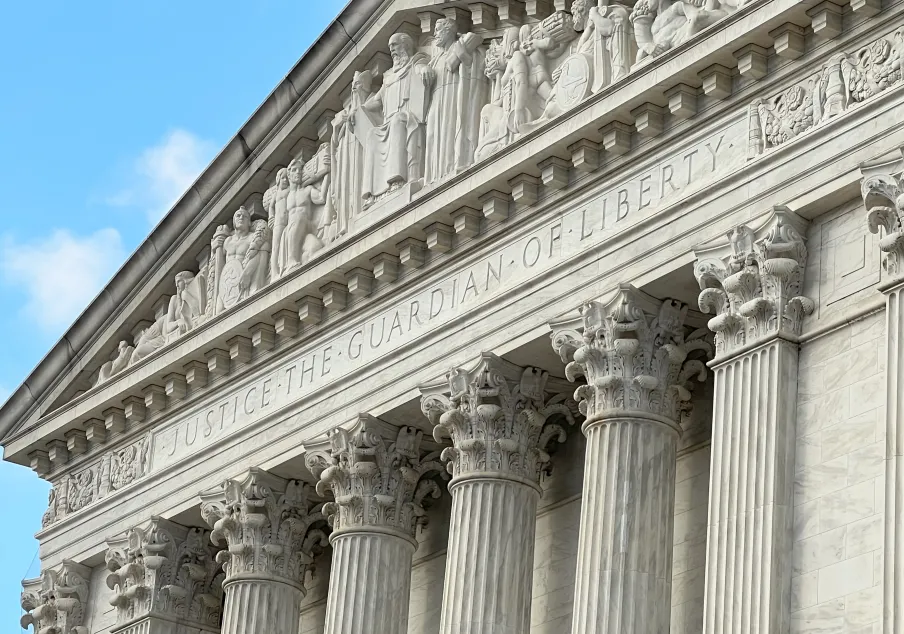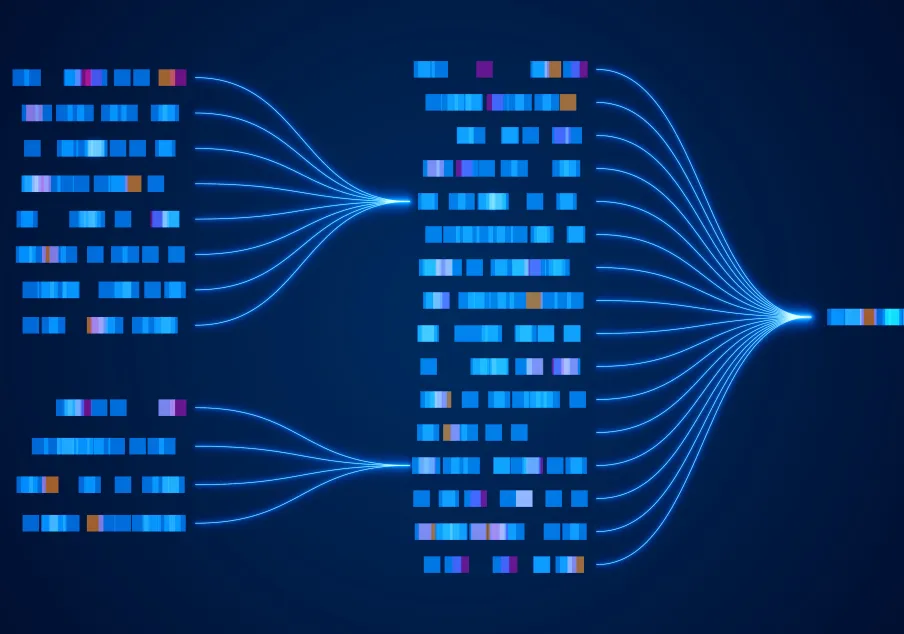Center for Judicial Ethics
Judicial integrity is the foundation of public trust in the courts. We help uphold ethical standards, support judicial conduct commissions, and ensure accountability in the courts.

Public trust is the foundation of justice
Public trust is essential for a strong and fair judicial system. When confidence in the courts is high, people are more likely to engage, comply with rulings, and view the judiciary as impartial.

Upholding ethical standards
Judges must follow strict ethical codes. When violations occur, they can face serious consequences. The Center for Judicial Ethics provides research, training, and resources to help state conduct commissions oversee judicial behavior and uphold integrity in the courts.
Ensuring judicial integrity nationwide
states have private judicial dispositions or sanctions.
states have public formal judicial discipline proceedings.
states use removal as a sanction for judicial misconduct.

Trending topic: AI and the courts
As artificial intelligence reshapes our world, courts must address emerging ethical challenges. Our interim guidance will help you understand AI's role in legal decision-making.
Explore more ethics resources
Judicial ethics explained
Gain insights into how ethical standards are upheld in courts and the critical role of judicial conduct commissions.
Judicial ethics research
For past articles on judicial ethics, search past issues of the Judicial Conduct Reporter and other resources in NCSC's online collection.
Ethics & social media: what judges need to know
Insights for how to maintain judicial integrity while using social media.
Advisory board
We're guided by insights from these members who bring experience from state courts, corporations, law firms, academia, and state conduct commissions.
The Judiciary cannot exist without the trust and confidence of the people.
Jim Hannah
Former Chief Justice, Arkansas Supreme Court








